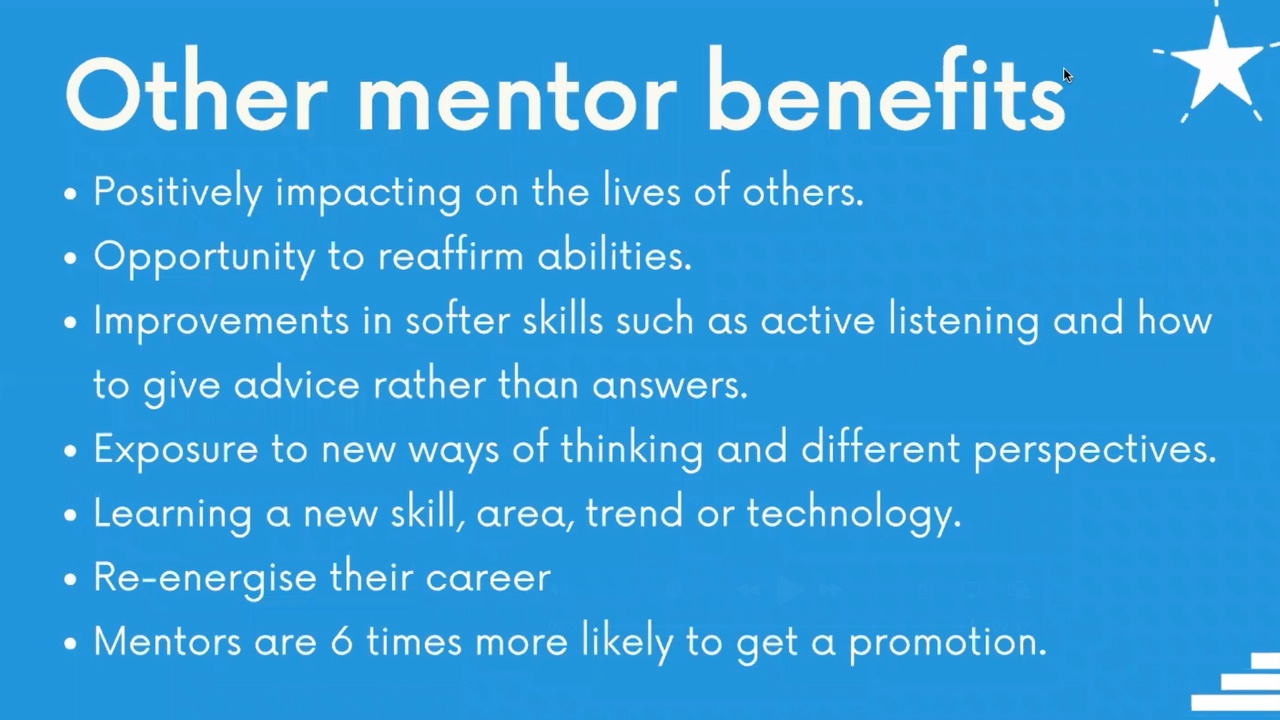The Benefits of Mentoring
Mentoring is a powerful tool that can greatly impact personal and professional development. In this article, we will explore the numerous benefits of mentoring and how it can positively influence individuals and organizations.
Enhanced Learning and Skill Development
Mentoring provides a unique opportunity for individuals to learn from experienced professionals in their field. Through regular interactions and guidance, mentees gain valuable insights, knowledge, and skills that can accelerate their growth. Mentors can offer practical advice, share real-world experiences, and provide constructive feedback to help mentees develop their expertise.
Increased Confidence and Motivation
Having a mentor who believes in your abilities can significantly boost your confidence and motivation. Mentors serve as role models and sources of inspiration, encouraging mentees to set ambitious goals and strive for excellence. The guidance and support received from mentors can instill a sense of self-assurance and empower mentees to overcome challenges and reach their full potential.
Expanded Network and Opportunities
Mentoring relationships often lead to the expansion of professional networks. Mentors can introduce mentees to valuable contacts, opening doors to new opportunities, collaborations, and career advancements. Being connected to influential individuals in the industry can provide mentees with a competitive edge and increase their visibility within their respective fields.
Personal Growth and Development
Mentoring goes beyond professional growth; it also facilitates personal development. Mentors can help mentees identify their strengths and weaknesses, enabling them to work on areas that require improvement. This self-reflection and self-awareness foster personal growth, enhancing mentees’ overall well-being and effectiveness in both their personal and professional lives.
Improved Decision-Making and Problem-Solving
Mentoring relationships often involve discussions and guidance on complex situations and challenges. Mentors can share their experiences and expertise to help mentees develop critical thinking skills, improve decision-making processes, and enhance problem-solving abilities. By learning from their mentor’s insights and perspectives, mentees gain valuable insights that can positively impact their future choices and outcomes.
Long-Term Career Advancement
Mentoring plays a crucial role in long-term career advancement. Through ongoing support and guidance, mentors can help mentees navigate the complexities of their profession, providing advice on career planning, skill development, and advancement opportunities. Mentors can also offer recommendations and endorsements that can significantly impact mentees’ career trajectories.

Mentoring is a powerful tool that offers numerous benefits to both mentees and mentors. From enhanced learning and skill development to increased confidence and motivation, mentoring plays a pivotal role in personal and professional growth. By leveraging the guidance and support of mentors, individuals can unlock their full potential and achieve remarkable success in their chosen fields.
Frequently Asked Questions – Benefits of Mentoring
1. What is mentoring?
Mentoring is a professional relationship where an experienced individual (mentor) provides guidance and support to someone less experienced (mentee) to help them develop their skills and achieve their goals.
2. How can mentoring benefit me?
Mentoring can benefit you by providing valuable insights, knowledge, and advice from someone with more experience. It can help you enhance your skills, expand your network, gain confidence, and accelerate your personal and professional growth.
3. Is mentoring only for career advancement?
No, mentoring is not limited to career advancement. It can also help in personal development, improving specific skills, gaining industry knowledge, and overcoming challenges in various aspects of life.
4. How can I find a suitable mentor?
You can find a suitable mentor through professional networks, industry events, online platforms, or by reaching out to individuals you admire. It is important to find someone who aligns with your goals and has expertise in the areas you want to develop.
5. Can mentoring be done remotely?
Yes, mentoring can be done remotely through virtual platforms, video calls, emails, or phone conversations. Remote mentoring allows for flexibility and enables mentorship relationships across different locations.
6. How long does a mentoring relationship typically last?
The duration of a mentoring relationship can vary depending on the goals and needs of the mentee. It can range from a few months to several years. Some mentoring relationships are formal and have a predefined duration, while others can be more informal and continue as long as both parties find value in the relationship.
7. Can I have multiple mentors?
Yes, it is possible to have multiple mentors. Each mentor can provide unique perspectives and expertise in different areas, allowing you to gain a broader range of knowledge and support.
8. What are the qualities of a good mentor?
A good mentor should possess qualities such as experience, knowledge, good communication skills, empathy, patience, and a genuine desire to help others succeed. They should be able to provide guidance, constructive feedback, and support without being overly critical.
9. Can mentoring help in career transitions?
Absolutely! Mentoring can be extremely beneficial during career transitions. A mentor can provide guidance, share their own experiences, help you navigate challenges, and provide valuable advice to make your career transition smoother and more successful.
10. How can I become a mentor?
If you have expertise in a particular field and a desire to help others, you can become a mentor. Reach out to organizations, educational institutions, or professional networks that offer mentoring programs. You can also consider volunteering your time and expertise to mentor someone in your community.




